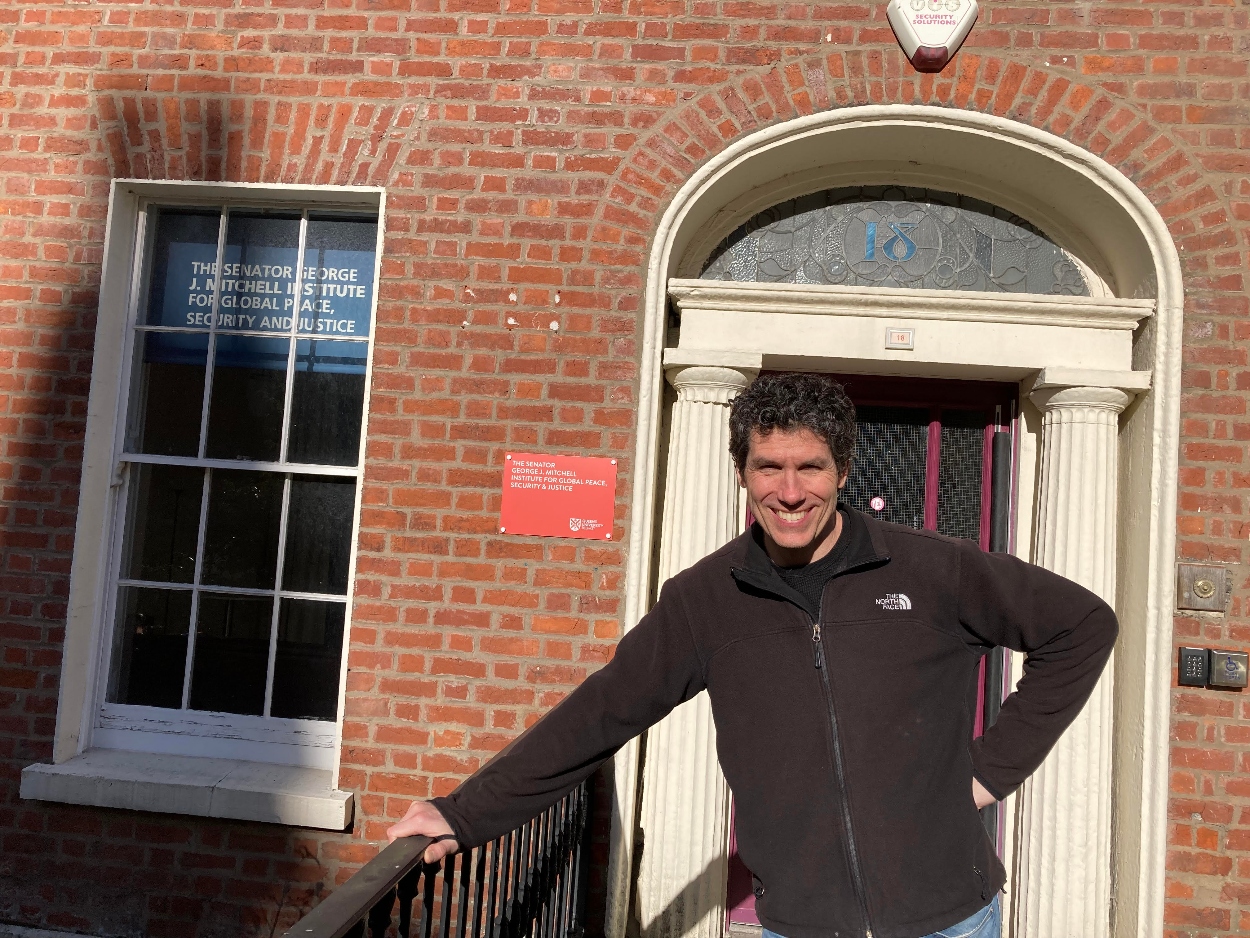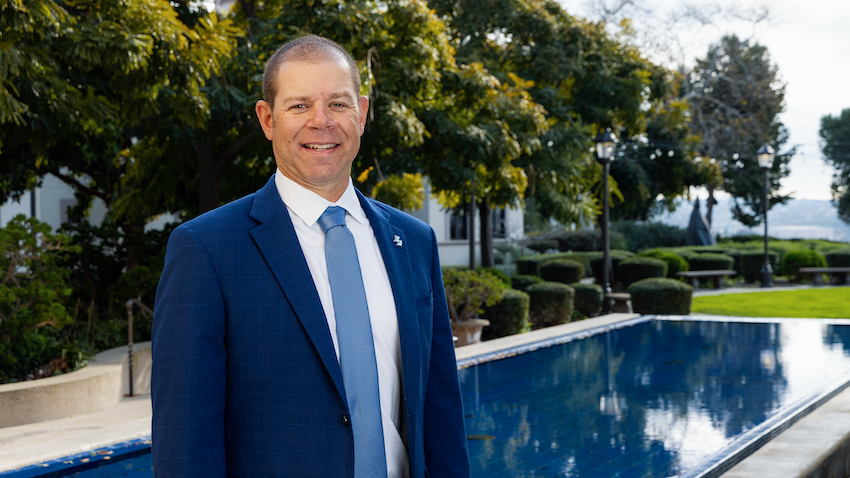Study Finds Link between "Jersey Shore" Exposure and Viewers' Sexual Attitudes and Behaviors
San Diego, Calif. – Young viewers of MTV’s hit reality television show Jersey Shore who developed emotional connections with the cast may have had their own sexual attitudes and behaviors influenced by the highly sexualized nature of the show, according to a new study led by a University of San Diego (USD) professor.
Bradley Bond, PhD, assistant professor in USD’s Department of Communication Studies, and Kristin Drogos, doctoral candidate at the University of Illinois, investigated wishful identification and parasocial relationships with Jersey Shore cast members as factors that may explain the relationship between exposure to the reality show and permissive sexual attitudes and behaviors.
“We know that sex is prevalent on television, and we know that young viewers can be influenced by seeing sex on television,” said Bond. “This study suggests that we must give more attention to the relationships young viewers develop with television characters if we are to fully understand the influence of television on sexual attitudes, norms, and behaviors.”
In this study, Bond and Drogos first analyzed the depiction of sex on Jersey Shore, finding that one instance of sexual talk or sexual behavior occurred, on average, every 60 seconds. Depictions of sex were significantly more likely to occur on Jersey Shore than on other popular television shows. Bond and Drogos then surveyed emerging adults (ages 18 – 24) at a Midwestern university, and reported a positive relationship between Jersey Shore exposure and permissive sexual attitudes mediated by participants’ wishful identification and parasocial relationships with Jersey Shore cast members. The study also found that permissive sexual attitudes were positively correlated with sexual activity.
“Jersey Shore was not just a ratings smash for MTV, but a cultural phenomenon that highlighted binge drinking and sexual permissiveness as cultural norms for young adults,” said Bond. “The results of this study not only suggest that sex was a prevalent theme on the program, but that viewing the sexually driven program was related to more permissive sexual attitudes among a sample of young adults. Our participants who reported more permissive sexual attitudes also reported having more sexual experiences with more partners.”
Bond defined parasocial relationships as one-sided emotional connections that viewers develop with television personalities, similar to real-life friendships.. Though a relationship was found between parasocial relationships with Jersey Shore cast members and permissive sexual attitudes, wishful identification, or a desire to emulate cast members, was more strongly related to permissive sexual attitudes and behaviors.
“Research studies continually reinforce the conclusion that media, specifically television, influence the sexual attitudes and behaviors of young audiences. Fewer studies have attempted to understand why this relationship exists. Our research suggests that young audiences’ emotional connections to characters may be the underlying reason their attitudes and behaviors are influenced by media’s depiction of sex.”
The study was published by Media Psychology on February 20 and is available for download at: http://www.tandfonline.com/doi/full/10.1080/15213269.2013.872039
About the University of San Diego
Strengthened by the Catholic intellectual tradition, we confront humanity’s challenges by fostering peace, working for justice and leading with love. With more than 8,000 students from 75 countries and 44 states, USD is the youngest independent institution on the U.S. News & World Report list of top 100 universities in the United States. USD’s eight academic divisions include the College of Arts and Sciences, the Knauss School of Business, the Shiley-Marcos School of Engineering, the School of Law, the School of Leadership and Education Sciences, the Hahn School of Nursing and Health Science, the Joan B. Kroc School of Peace Studies, and the Division of Professional and Continuing Education. In 2021, USD was named a “Laudato Si’ University” by the Vatican with a seven-year commitment to address humanity’s urgent challenges by working together to take care of our common home.
Contact:
Denise Ward
wardd@sandiego.edu
(619) 260-4659



